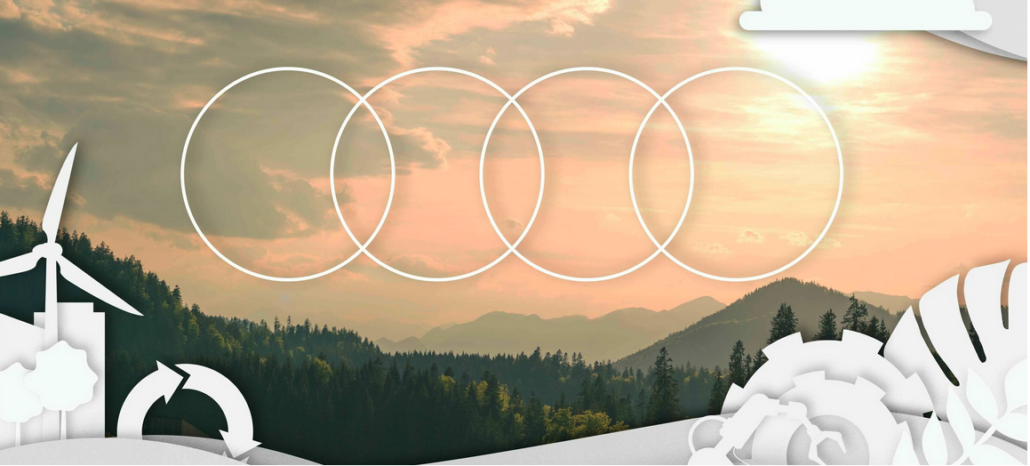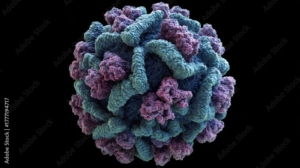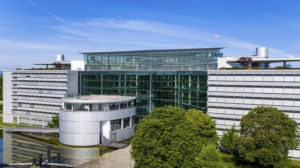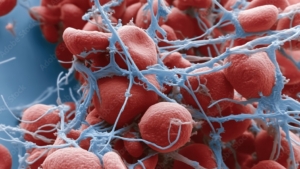
Audi and Krajete create CO2 air capture plant
Automotive company Audi AG and gas fermentation specialist Krajete GmbH are building a highly effective industrial-scale CO2 Direct Air Capturing plant in Linz.
The plant, which binds the greenhouse gas CO2 directly from the air to an inorganic carrier material without pre-drying and stores it in a highly concentrated form for industrial use, initially will have a capacity of 500 metric tons per year, but will be upscaled to 1,000 metric tons by the end of the year with the addition of another module. The electricity needed to run the plant comes from a photovoltaic system on the premises.
Krajete GmbH has already developed a scalable microbial process for converting CO2 and hydrogen (H2) into natural gas that can be fed into the grid. On a commercial scale, Elektrochaea GmbH is also working on a similar process that yields natural gas as a biofuel. Companies such as Lanzatec Inc, which bagged a $500m financing from Brookfield Renewable in early October, and Syncona Inc. are producing biofuels such as ethanol and butanol from CO2 and green H2. Fermentation specialists such as Finnish Solar Foods Ltd or Arkeon Biotechnologies use CO2 and green H2 to microbially produce vegan protein without any land-use change.
Currently, hydrogen (H2) production using electrolysis processes is still limited because renewable electricity is scarce, or unsustainable because the H2 is produced by steam reformation from fossil resources. Biotech engineers recently presented an electricity-free alternative that also eliminates industrial waste at the INDUSTRIA BIOTEC in Berlin. The bacterial process for electricity-free H2 production ferments wastewater from the food and textile industries – it is currently being scaled up to demonstration scale and will then be offered to industrial companies for scaling up to industrial scale. “With dark fermentation, we enable the production of sustainably produced methane, which depends on how the hydrogen needed for this is produced,” said project leader Juliana Rolf of Münster University of Applied Sciences, who strongly supported the call at the meeting for a government-funded upscaling unit for sustainable fermentation processes.
Krajete had already recently presented an absorber for combustion exhaust gases that cold binds all fine dust, nitrogen oxides and CO2 from car exhaust gases and makes them usable for further industrial recycling in the targeted circular economy, which is to replace petroleum-based chemistry as quickly as possible in order to achieve the Paris climate targets.
According to Managing Director Alexander Krajete, the costs for capture in the new plant are already in the lower three-digit euro range for one ton of CO2. With the vision of making CO2 usable industrially in large quantities, Krajete GmbH and AUDI AG, which fuse know-how in engineering and biology for next-generation sustainable products, want to make a contribution to helping corresponding applications achieve a breakthrough. “The technology makes it possible to remove CO2 from the atmosphere directly and independently of location, and is thus a significant measure for decarbonization,” says Hagen Seifert, Head of Sustainable Product Concepts at AUDI AG. “In addition, the plant technology can be variably expanded thanks to its modular design.” The next step could be to implement DAC technology on a much larger scale at Audi’s Hungarian site in Gy?r. A plant in the order of 25,000 tons of separation capacity per year would be conceivable.


 stock.adobe.photo.com/Popelniushka
stock.adobe.photo.com/Popelniushka  Boehringer Ingelheim
Boehringer Ingelheim Adobe stock photos - nadia
Adobe stock photos - nadia